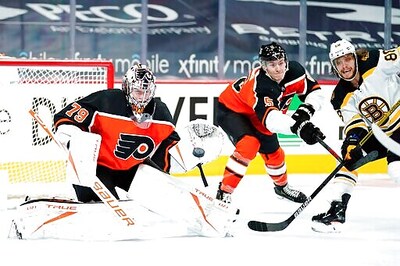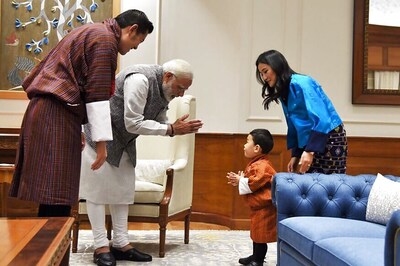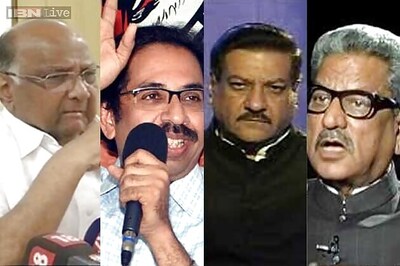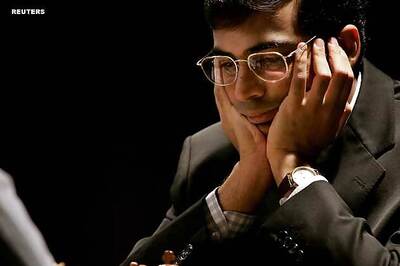
views
The NCAA has taken another hit in court, this time at the highest level, and yet insists it is an isolated setback and not a major step toward bringing down its version of amateurism.
Legal analysts seem to agree with that at least until the next court challenge comes.
The Supreme Court ruled unanimously that the NCAA cannot impose caps on education-related benefits schools provide to their athletes because such limits violate antitrust law. NCAA President Mark Emmert took solace in the court still protecting its right to govern as the nation’s largest and by far most powerful overseer of college athletics.
The case also went to great lengths to point out the authority the association has in these and a variety of other areas and if we wanted broader authority then we currently then we could and should work with Congress, Emmert to The Associated Press after Monday’s decision.
What the high court did do was leave the NCAA exposed to future legal challenges over its rules prohibiting pay-for-play in college sports. It also delivered a heavy blow to a defense the NCAA has used for years, that in its role as a shepherd of amateur sports it deserves latitude under antitrust laws.
I think its the beginning of the end on restrictions on compensation to student-athletes, said Steve Berman, one of the plaintiffs’ attorneys. The NCAA is going to have to deal with the modern world, and I dont think its going to affect its product because I think consumers realize the injustice of the system, where coaches and league (commissioners) make millions and millions and the kids get very little. If the kids get paid something it’s not going to be the end of NCAA sports.
With the ruling, schools can now, conceivably, use educational benefits maybe an internship or study abroad opportunities or various other trappings that come with going to school – to compete for athletes on the recruiting trail.
That relatively narrow ruling was never expected to be a death knell for the NCAA. But the rare 9-0 decision has left the NCAA vision for college sports more vulnerable than ever.
To sum up, in the short-term this is a relatively modest loss for the NCAA, but in the medium-term this could lead to the end of the NCAAs amateurism model as we know it in the next antitrust case, said Gabe Feldman, director of Tulane’s sports law program.
__
Follow Ralph D. Russo at https://twitter.com/ralphDrussoAP and listen at https://APpodcasts.com
___
More AP college sports: https://apnews.com/hub/sports and https://twitter.com/AP_Top25
Disclaimer: This post has been auto-published from an agency feed without any modifications to the text and has not been reviewed by an editor
Read all the Latest News, Breaking News and Coronavirus News here.



















Comments
0 comment